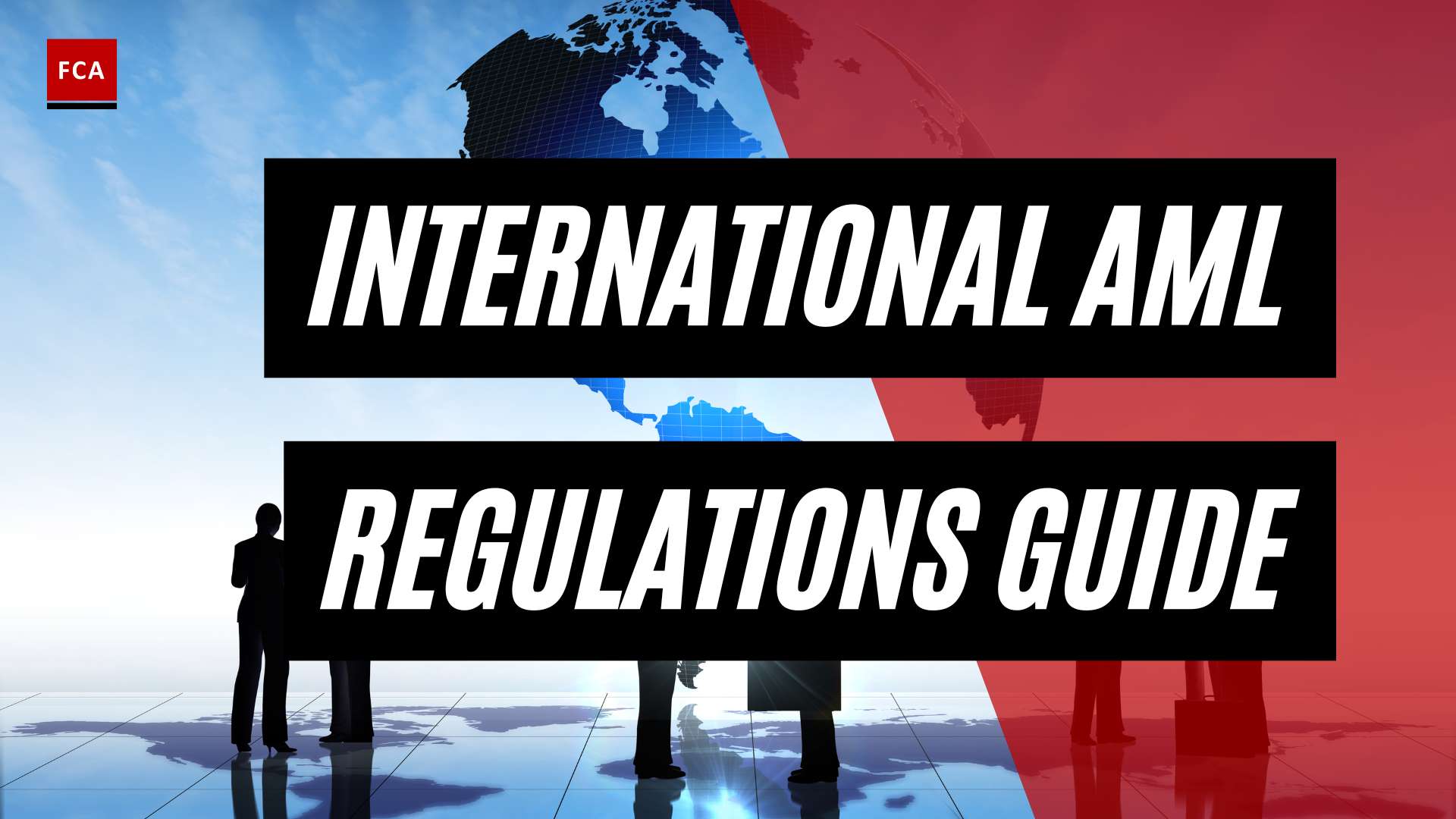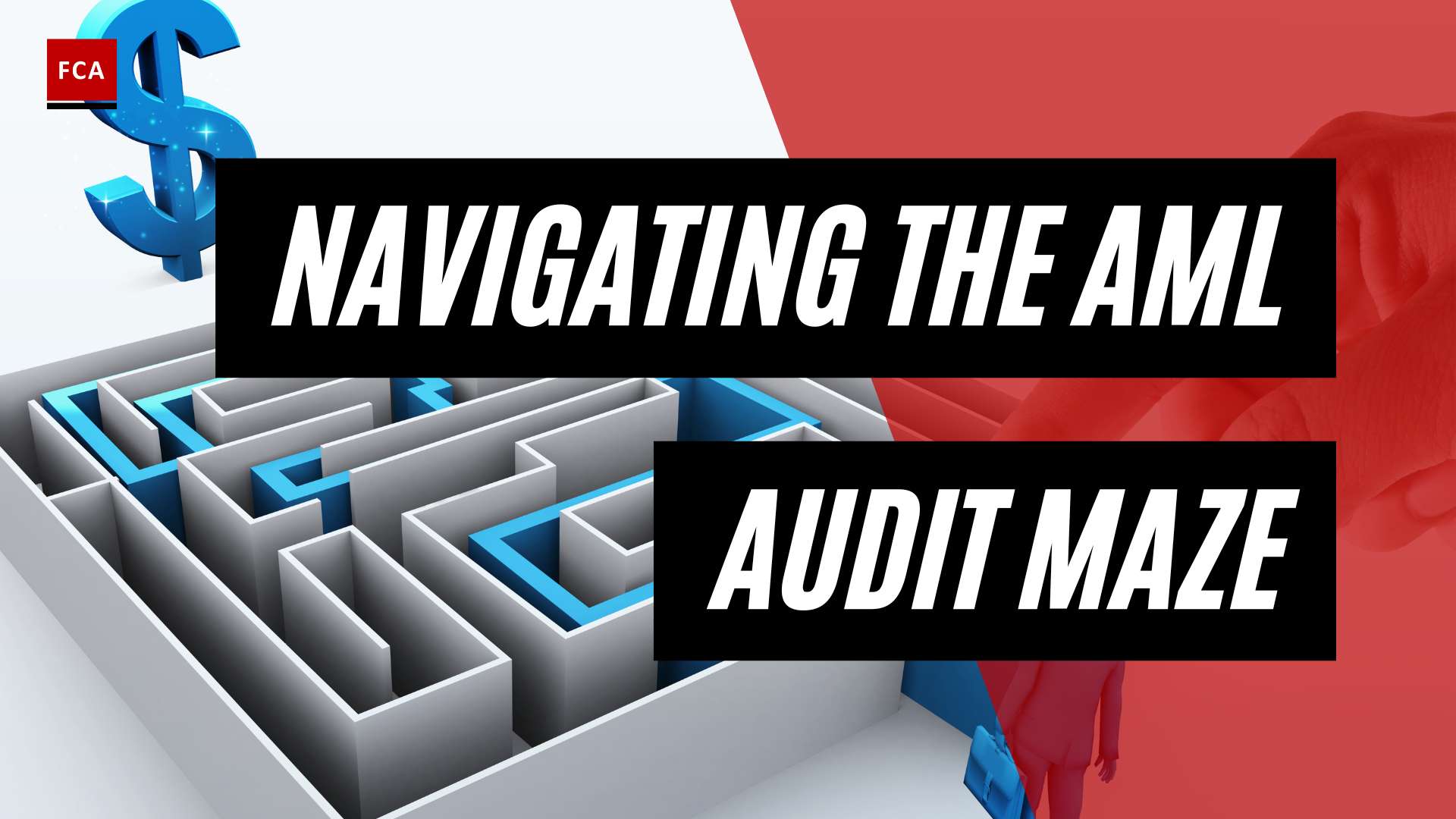Why do people commit financial crime?. Understanding criminals behavior is important in assessing financial crime risks in any organization which helps analyze why criminals commit financial crimes. Understanding criminals or fraudsters is essential to assessing the risks of financial crime in any organization. Understanding them helps analyze why people or criminals such as money launderers, hackers, or fraudsters commit financial crimes.

Why Do People Commit Financial Crime?
In most cases, financial crime occurs because people are allowed to do so. Financial crime subject matter experts have long debated whether it is possible to develop a criminal profile that is accurate enough to enable organizations to catch people in a financial crime or even beforehand. A strong analysis of possible financial crime and the fraudsters may help companies and organizations to strengthen their lines of defense against criminal activities.
Financial crime may not be committed if the potential criminal believes that the achievable rewards will only be modest and the chances of detection are high, or the punishment for a particular type of crime is very severe. The primary way to assess the motives and attitude toward financial crime is to establish a system where management may assess in detail the risks and from which sources the threats are coming in.
Understanding Fraudsters as Basis for Identifying Fraud
The way of doing financial crimes is continually changing, and one major change is due to the rapid growth in and use of technology by criminals. New fraud techniques are emerging, and companies must respond by updating their line of defense.
The use of technology has enabled criminals to perform financial crimes from various remote locations. These types of crimes occur not only in technologically advanced countries, such as the United States, but also in countries that are not technically advanced.
One of the major concerns for all businesses is that the new generation of people is more able to use new technology and has access to much more information than past generations. This concern makes companies and businesses more worried as frauds may occur on a much larger scale than fraudulent cases reported in the past. By analyzing this fact, usually, it becomes possible for the companies and businesses to go beyond to respond to various unforeseen fraud instances and develop strategies to pre-empt and minimize fraud losses.
There is no single reason behind the occurrence of financial crime. Whenever a financial crime incident occurs, the need to look at the situation from the criminal’s perspective is important. It is necessary to take into account of following factors:
- The first factor is the motivation of criminals and the conditions under which they rationalize their behavior;
- The second factor is opportunities available to commit the financial crime;
- The third factor is technical and power ability of the criminals;
- The fourth factor is the expected risk of discovery of the financial crime activity after it has been performed; and
- Lastly, the fifth factor is the consequences of fraud discovery, such as penalties, punishments, etc.
The financial crime is usually committed due to:
- Motivation,
- Opportunity, and
- Rationalization.

Motivation
Motivation is based on greed, the criminal’s need, or the person who committed the financial crime. Greed continues to be the leading cause of fraud in many countries and jurisdictions. Many people are faced with or provided with the opportunity to commit fraud. The fraudster’s personality, knowledge, and temperament enable them to commit the frauds confidently, and they are not frightened.
There may also be the possibility that good people may fall into the bad company of the criminals who make them commit frauds in the working places or the companies where these good people are employed. For example, a bank employee may be used by the criminal to transfer money from one location to another by opening an account with the bank without any due diligence.
Opportunity
Financial crime occurs due to the weak system of internal controls and poor security measures which criminals exploit. Establishing robust internal controls is the responsibility of the company’s board of directors and senior management. Without appropriate and robust processes and controls, the operations of the company or organizations may not be run, causing various losses to the company such as operational, reputational, and financial losses. The financial position of the company deteriorates without appropriate internal controls.
A weak internal controls system means a weak governance structure and poor policies and processes. Due to the soft internal control system, the organization is exposed to various risks, such as financial, reputational, operational, legal, regulatory, and strategic risks.
Rationalization
Various people obey the laws and regulations of the country because they believe that compliance with laws and regulations is their primary responsibility. These people are afraid of being exposed if they are found in any illegal activity or non-compliance with any law or regulation.
Some people may be able to rationalize criminal or fraudulent acts and actions as the following:
- First, it is necessary, especially when done for the business.
- Second, it is harmless because the victim is large enough to absorb the impact.
Final Thoughts
Financial crime is typically committed as a result of motivation,
rationalization and opportunity. Governments and other institutions all over the world are concerned about financial crime. Among the goals of this effort are to protect the integrity and stability of the international financial system, to cut off terrorists’ access to resources, and to make it more difficult for criminals to profit from their criminal activities.









